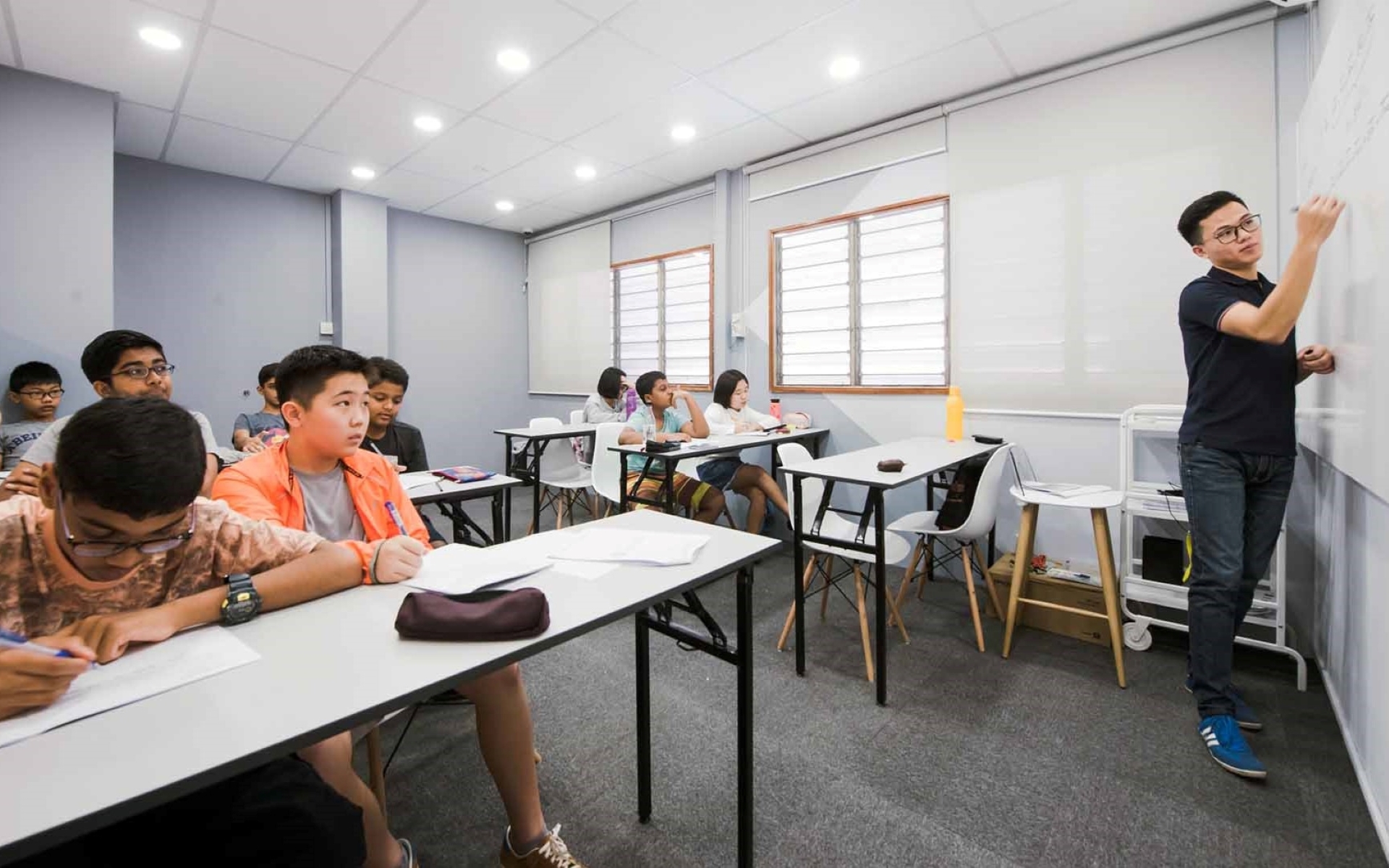Not all students learn at the same pace. For some children, particularly those with a natural aptitude for maths, the standard school curriculum can start to feel repetitive or unstimulating. These students may complete tasks quickly, ask questions that go beyond the classroom material or independently seek out puzzles and problems to explore.
As a parent, recognising when your child is ready for more than what school can offer is the first step in supporting their growth. Knowing how to guide them towards more challenging and meaningful learning opportunities is key to helping them reach their full potential.
Recognising Readiness for Advanced Learning
Some children demonstrate an early interest in numbers, patterns, or logical thinking. They might show a strong memory for numerical facts, enjoy exploring abstract ideas, or come up with unique ways to solve problems. When regular schoolwork no longer excites or challenges them, they can start to feel disengaged, not because they are struggling, but because they aren’t being stretched enough.
These are signs that a child could benefit from enrichment beyond the standard curriculum. Acting early is key, as students who remain under-challenged for too long may gradually lose interest in subjects they once loved.
The Limits of a One-Size-Fits-All Curriculum
In a typical classroom, teachers must balance a range of learning needs. Even with the best intentions, it is difficult to consistently challenge the most advanced learners while ensuring everyone keeps up. As a result, students who are capable of more may not receive the stretch they need to remain engaged.
Advanced learners do not just need more work—they need different work. They thrive when challenged to think deeply, reason clearly, and explore ideas from multiple angles. When learning lacks complexity or purpose, motivation can fade, and valuable potential may be left untapped.
Exploring Advanced Math Learning Paths
Enrichment for Deeper Thinking
Many families begin with enrichment programmes, which offer an alternative approach to learning mathematics. These programmes encourage flexible thinking and deep understanding through non-routine problems. Rather than racing through the syllabus, students are taught to explore concepts from new perspectives, developing stronger reasoning skills and mathematical curiosity.
Acceleration with Caution
In some cases, students may access accelerated learning tracks that allow them to study content from higher levels. While this can be beneficial, acceleration should be handled with care. Mastery and depth of understanding are more important than simply moving ahead quickly. If a student advances too far without a strong foundation, it can create gaps later in their learning.
Olympiad-Style Problem Solving
Olympiad-style preparation is another path that introduces advanced topics such as number theory or combinatorics earlier than usual. These approaches place emphasis on logic, persistence, and creativity rather than memorisation. Even students who are not planning to enter competitions benefit from the exposure to challenging problems and the opportunity to develop independence in thinking.
Early Exposure to University-Level Ideas
Some advanced students are ready to explore mathematical ideas typically introduced at higher levels, such as logical reasoning, set relationships, or the foundations of proof. When taught in an age-appropriate and engaging way, these ideas can spark curiosity and excitement. Students begin to see that mathematics isn’t just about finding answers—it’s about thinking deeply, asking meaningful questions, and discovering new ways to understand how the world works.
The Importance of a Structured Approach
While advanced learners may have the potential to learn independently, they still need structure, encouragement, and guidance. A well-designed programme supports the student through each stage, gradually increasing complexity and helping them grow in confidence.
Rather than simply providing difficult questions, a strong programme helps students build the habits of mathematical thinking. It teaches them how to approach unfamiliar problems, how to express their reasoning clearly, and how to persist even when solutions are not immediately obvious. It also creates a space where students feel safe to make mistakes, reflect, and improve.
Long-Term Benefits of Advanced Learning
Advanced mathematics learning is not only for students who wish to pursue math as a career. The skills developed through deeper problem-solving—such as logical reasoning, creative thinking, and resilience—are valuable in many fields. More importantly, a child who feels challenged and supported is more likely to stay curious, motivated, and confident in their abilities.
Supporting your child’s mathematical development with the right programme is not about pushing them faster—it is about helping them grow in the right direction, at the right pace, with the right mindset.
Guiding Your Child Towards Their Potential
At Terry Chew Academy, we understand that advanced learners need more than extra practice. They need to be inspired, stretched, and supported through structured math programmes for advanced students that offer challenge without pressure. Our approach nurtures mathematical thinking while building confidence and enjoyment—ensuring that each child’s journey is one of growth and discovery, regardless of where they start.
If your child is showing signs of outgrowing the school curriculum, it may be time to explore what lies beyond. With the right guidance, they can continue to thrive, question, and enjoy mathematics at a deeper level.

 Like us
Like us



